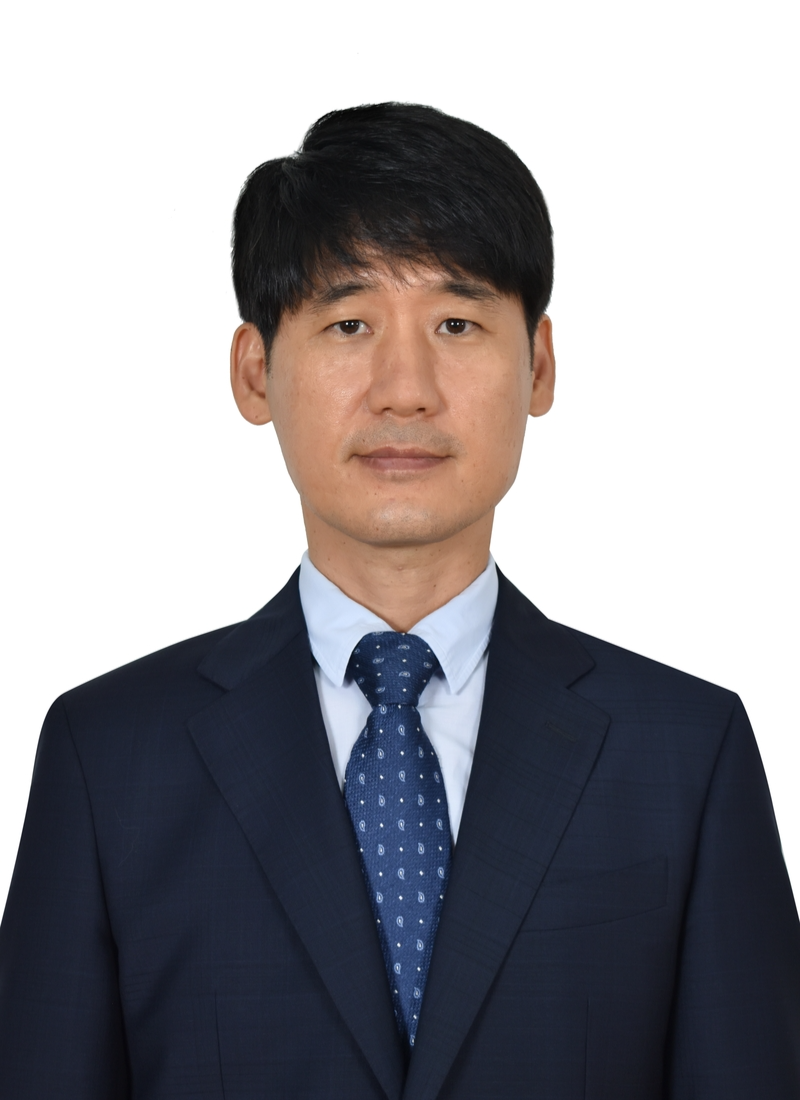Republic of Korea Elected as IOC Vice-Chair and Re-elected to Executive Council
- DATE
- 2025-07-04
Dr. Hansan Park Elected Vice-Chair of the IOC for the Asia-Pacific Group
- Republic of Korea Re-elected to the IOC Executive Council for the 17th Consecutive Term

On 2 July 2025, during the 33rd session of the Intergovernmental Oceanographic Commission (IOC) of UNESCO held at UNESCO Headquarters in Paris, Dr. Hansan Park — Director of the Korea-Indonesia Joint Marine Research Center at the Korea Institute of Ocean Science and Technology (KIOST) — was elected Vice-Chair of the IOC representing the Asia-Pacific Group.
With this election, the Republic of Korea will continue its service as an Executive Council member for the 2025–2027 term, alongside regional partners such as Japan, China, Australia, and Indonesia.
The IOC is the only United Nations body dedicated exclusively to ocean science. Established under the auspices of UNESCO, it fosters international cooperation in marine research, observation, disaster preparedness, and capacity-building. Today, the IOC comprises 151 Member States and coordinates a broad range of global initiatives addressing marine observation systems, ocean-related hazards, climate change, and sustainable ocean governance.
Korea has been a member of the IOC since 1961 and was first elected to the Executive Council in 1993. It has maintained this position for 32 consecutive years (16 terms), and with its re-election in 2025, now enters its 17th consecutive term. As an Executive Council member, Korea actively contributes to: ▲articulating national and regional priorities, ▲facilitating international cooperation and knowledge exchange, ▲shaping strategic directions for global ocean science initiatives, and participating in key decision-making processes related to marine observation and ocean disaster response.
Dr. Park’s election as Vice-Chair reflects Korea’s growing leadership and longstanding commitment to ocean science collaboration in the Asia-Pacific region. Korea has spearheaded joint research in areas such as blue carbon and marine satellite technologies, notably in cooperation with Indonesia and other regional partners. The recent establishment of the Korea-Indonesia Integrated Center for Ocean and Fisheries Technology Education stands as a strong example of Korea’s proactive role in advancing marine science diplomacy.
The Permanent Delegation of the Republic of Korea to UNESCO actively supported Dr. Park’s candidacy by engaging with Member States across the region and underscoring Korea’s continued contributions to the IOC’s mission and objectives.


